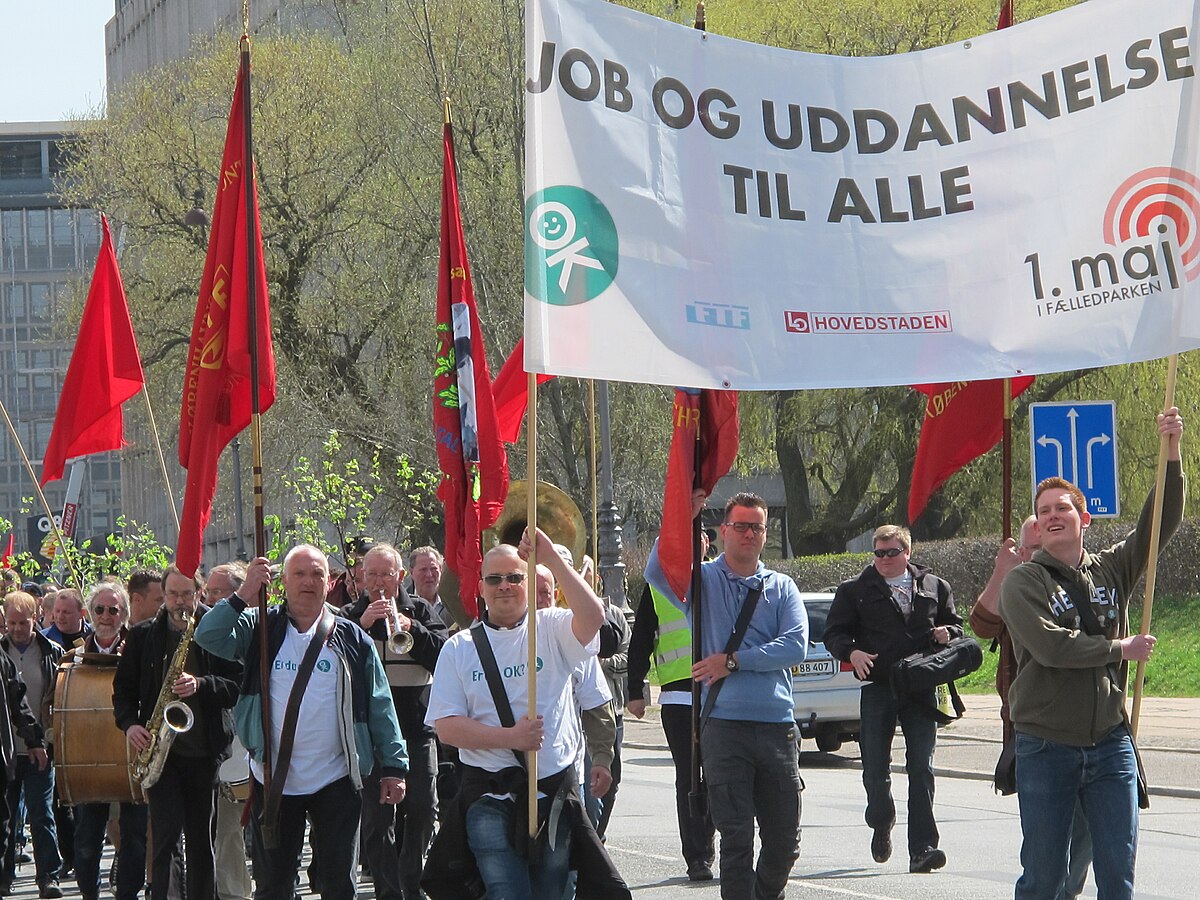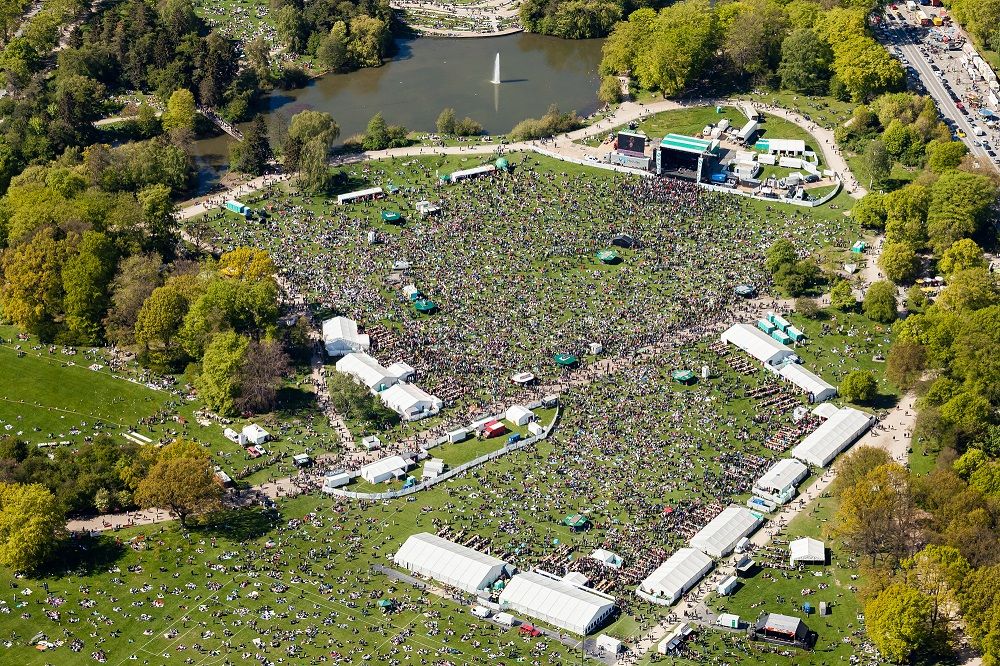Pork is increasingly being taken off the menu for children in the nation's daycares in order to accommodate religious groups, tabloid Ekstra Bladet reported this week.
According to the tabloid's survey, pork is no longer served in around 30 daycare institutions across the country, while Ishøj Council – which has a large Muslim population – has introduced a blanket policy of not serving pork at any of its daycares or nurseries.
Ekstra Bladet reports that several Copenhagen daycares have also stopped serving pork and have started to serve only meat which is slaughtered according to Islamic ‘halal’ guidelines.
One of the institutions to stop serving pork, Trækronerne in Ishøj, explained that it didn’t want to differentially treat the children.
“Meals are an important and communal part of the day where children experience being part of an inclusive community,” the institution's manager, Helle Jensen, told Ritzau. “To make sure this is the case, it is important that we do not treat the children differently.”
The news stimulated a spirited debate in the Danish media and among politicians.
Martin Henriksen, the immigration spokesperson for Dansk Folkeparti, has demanded that the government intervene.
“It’s disconcerting that our public institutions are bringing up Danish children to take excessive consideration to Muslims," Henriksen wrote in a press release. "I don’t care for it and I cannot imagine that the practice is legal because it is discriminatory to those who value Danish food culture.”
Copenhagen’s deputy mayor for immigration, Anna Mee Allerslev (Radikale), pointed out that decisions about what children are fed at daycare institutions are decided through the democratic involvement of the parents.
“If the parents and management have decided to serve halal-slaughtered meat at their institution because it best suits their children then, as deputy mayor, I don’t see the need to intervene in the decision,” Allerslev told Ekstra Bladet.
She added that she hadn’t yet heard from any parents who had felt discriminated against by the decision and if there were then she would take a look at the case.
“But I think this is a non-issue [that is brought up] because it is the summer," Allerslev said. "We need to increase the involvement of parents in the council’s institutions and that is best done by letting them decide, for example, what food is served at the council’s day cares and nurseries.”












